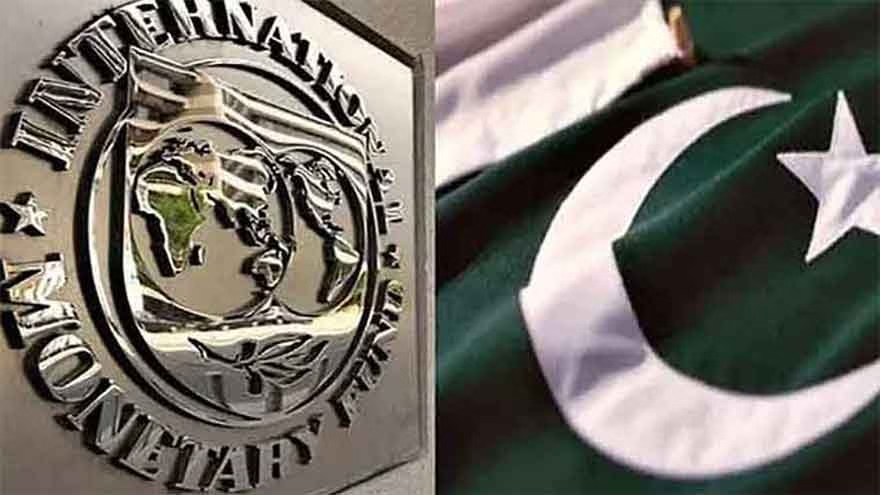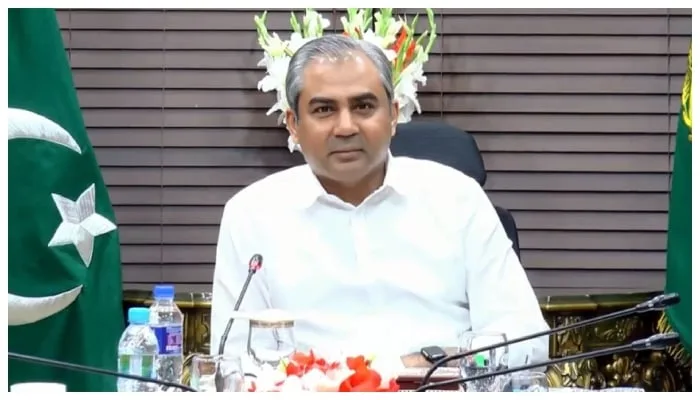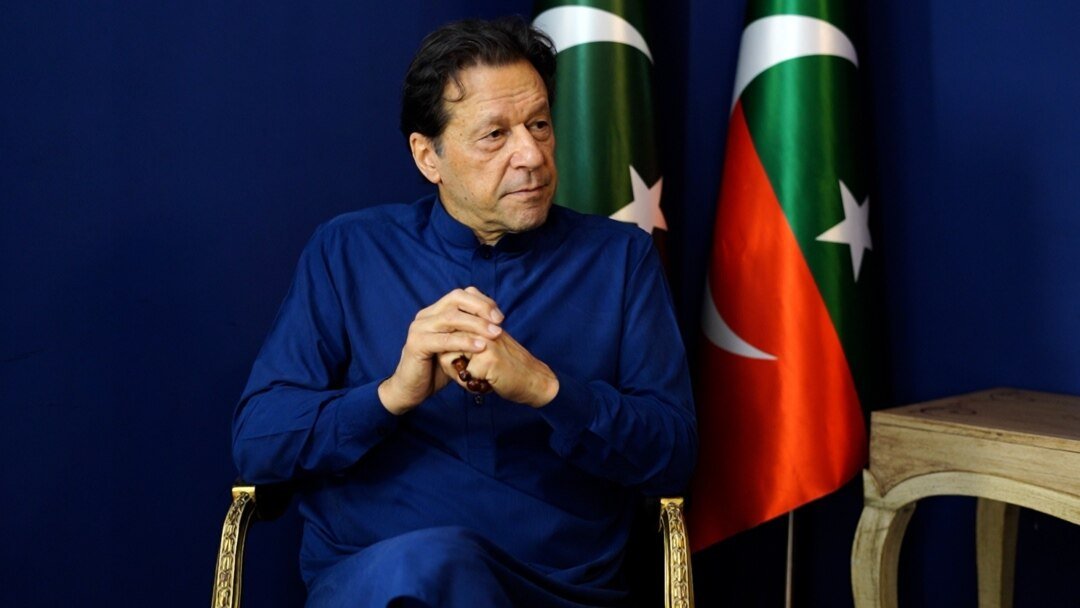The IMF Pakistan staff-level agreement discussions have reached an advanced stage, showing strong signs of progress between the International Monetary Fund (IMF) and Pakistani authorities. The recent economic review concluded with both sides expressing optimism about finalizing the deal soon, reflecting Pakistan’s ongoing efforts to stabilize its economy and meet the IMF’s reform goals.
Progress Toward IMF Pakistan Staff-Level Agreement
According to a joint statement released after the meetings, Pakistan and the IMF made remarkable progress in the second biannual review of the country’s economic performance. While the IMF Pakistan staff-level agreement has not yet been formally signed, both sides reaffirmed their commitment to bridging the remaining policy gaps in the coming weeks.
IMF Mission Chief Eva Petruva highlighted Pakistan’s achievements in several key areas, acknowledging that the government has demonstrated strong policy implementation under the current Extended Fund Facility (EFF) program. She commended Pakistan for taking difficult but necessary measures to stabilize the economy, reduce fiscal imbalances, and restore investor confidence.
Key Focus Areas in IMF Discussions
The IMF emphasized the importance of maintaining fiscal discipline as a cornerstone of Pakistan’s economic recovery. The mission praised the government’s commitment to keeping the budget deficit within manageable limits while ensuring targeted support for vulnerable and flood-affected communities.
Another major topic in the IMF Pakistan staff-level agreement discussions was monetary policy. The IMF has recommended that Pakistan continue its tight monetary stance to control inflation, which remains one of the country’s biggest economic challenges. According to recent State Bank of Pakistan (SBP) data, inflation has eased slightly to around 17% from its peak earlier in the year, but further vigilance is required to sustain this downward trend.
Energy Sector Reforms and Structural Changes
Energy sector reform remains a key condition in the IMF Pakistan staff-level agreement process. Both parties agreed on the need for regular tariff adjustments to reduce the circular debt and ensure financial sustainability in the power sector. The IMF also called for comprehensive structural reforms to address inefficiencies in state-owned enterprises (SOEs) and improve transparency in governance.
The government is expected to take further steps to privatize or restructure loss-making SOEs, which currently cost the national exchequer billions of rupees annually. These measures, if implemented effectively, could strengthen Pakistan’s fiscal position and attract foreign investment in key sectors.
Boosting Business Confidence and Market Reforms
In addition to fiscal and energy reforms, the IMF Pakistan staff-level agreement talks included discussions on enhancing the business environment. The IMF urged Pakistan to accelerate regulatory reforms, reduce red tape, and liberalize commodity markets to improve private sector participation.
Pakistan’s ranking in the World Bank’s “Ease of Doing Business” index has shown gradual improvement, but more work is needed to achieve sustainable growth. The IMF also encouraged policies that support small and medium enterprises (SMEs), as they play a crucial role in job creation and export diversification.
Climate Resilience and Sustainable Development
A notable aspect of the IMF Pakistan staff-level agreement dialogue was Pakistan’s commitment to addressing climate change challenges. The IMF expressed satisfaction with the country’s initiatives to strengthen environmental resilience following the devastating floods of 2022.
Pakistan’s government has allocated significant resources to climate adaptation programs and is working with international partners to develop sustainable agriculture, renewable energy projects, and disaster management systems. These efforts are not only essential for long-term development but also align with the IMF’s broader goal of promoting green and inclusive growth.
Outlook for Pakistan’s Economy
While challenges remain, the overall tone of the discussions suggests cautious optimism. The successful completion of the IMF Pakistan staff-level agreement could unlock the next tranche of financial assistance, providing much-needed stability to Pakistan’s external accounts.
The Pakistani rupee has shown relative stability in recent weeks, trading around PKR 277 against the US dollar, reflecting growing market confidence. Meanwhile, the country’s foreign exchange reserves have improved slightly to over $8 billion, enough to cover more than two months of imports.
However, experts caution that the real test will be sustaining reforms beyond the agreement. Long-term economic growth will depend on political stability, consistent fiscal management, and continued efforts to enhance productivity and exports.
The ongoing IMF Pakistan staff-level agreement negotiations mark a critical phase in Pakistan’s journey toward economic recovery. Both the IMF and Pakistani authorities appear committed to aligning on key reforms that can ensure financial stability, encourage investment, and promote inclusive growth.
If finalized soon, this agreement will not only bolster investor confidence but also signal to the international community that Pakistan is serious about reforming its economy for a more resilient and sustainable future.



